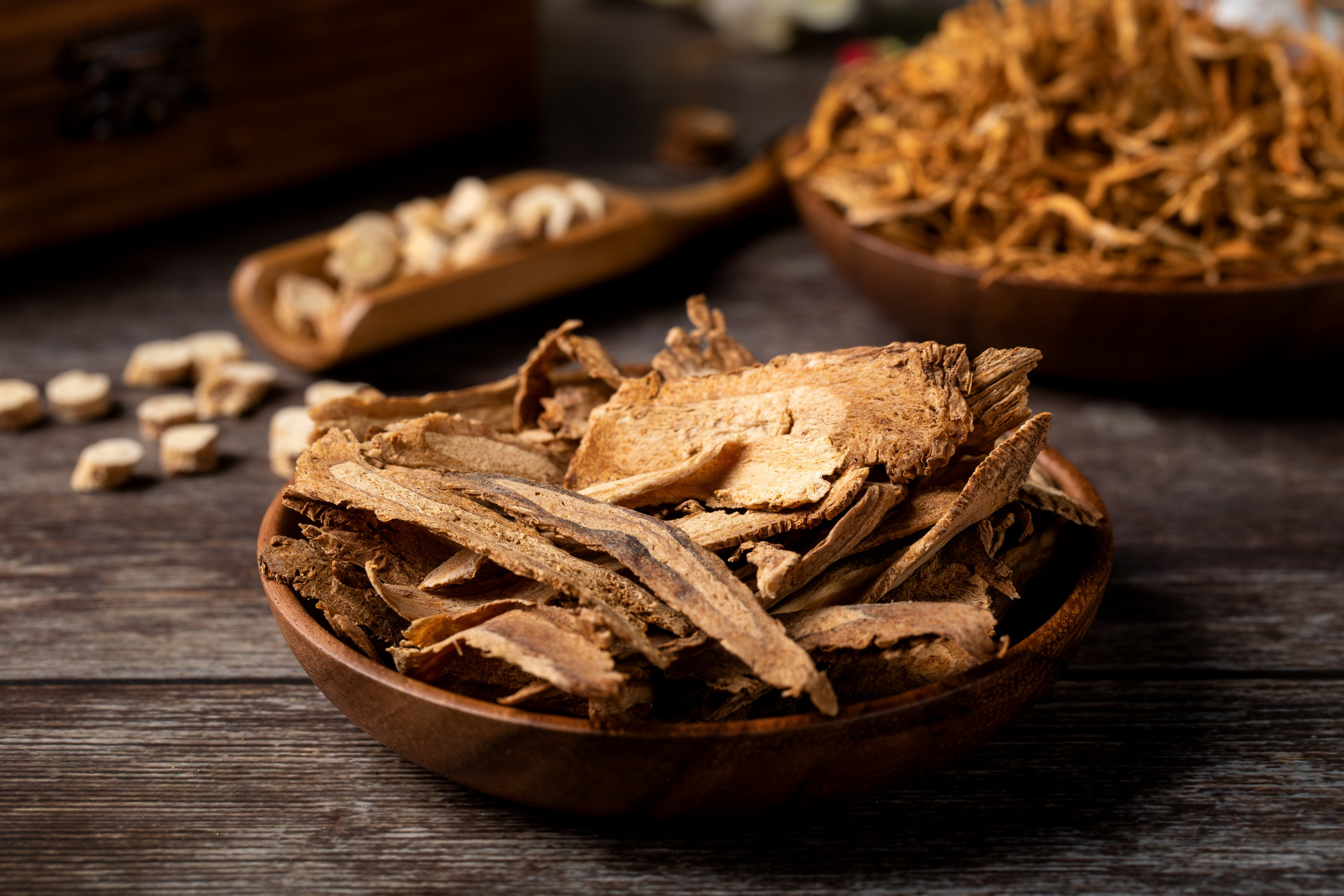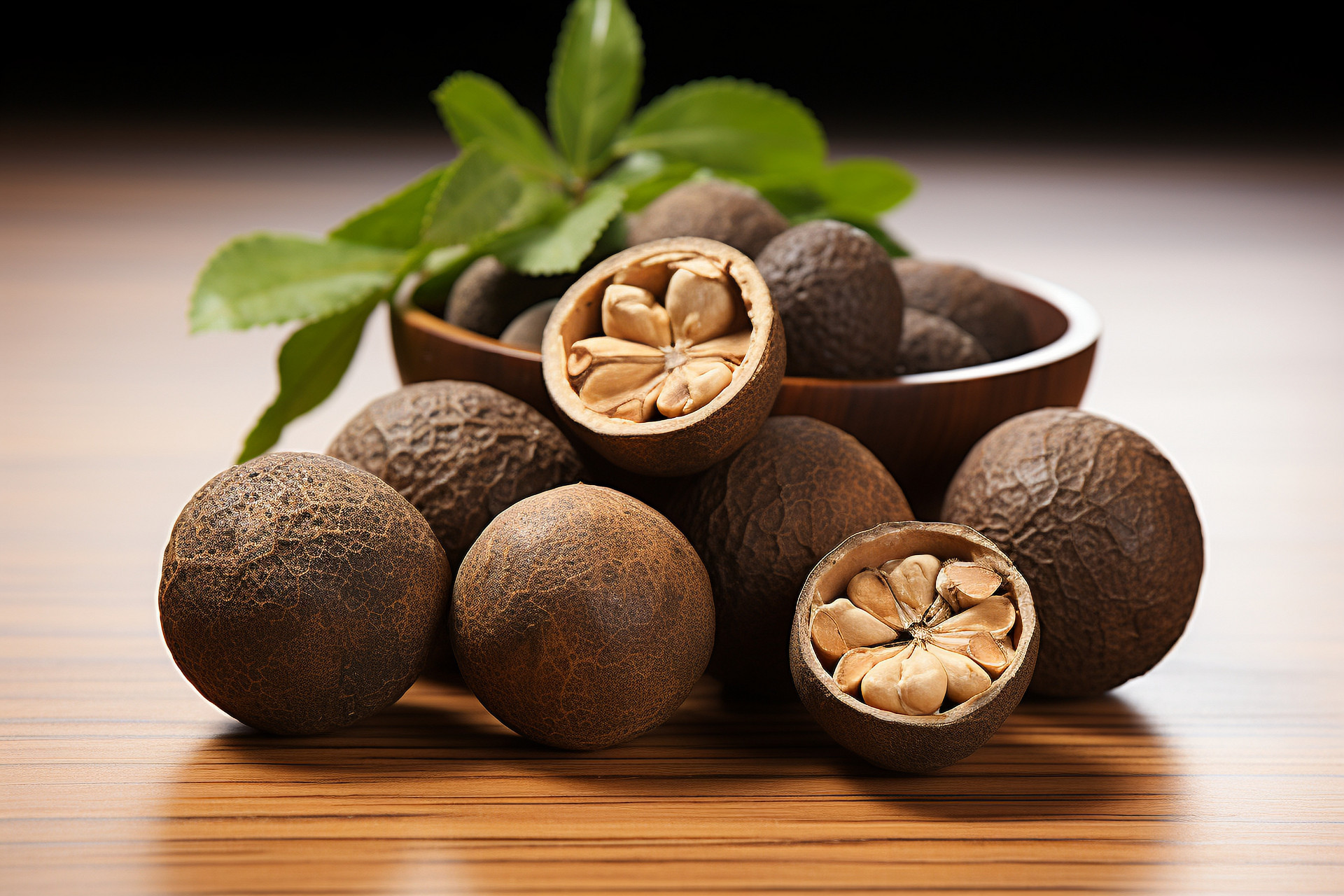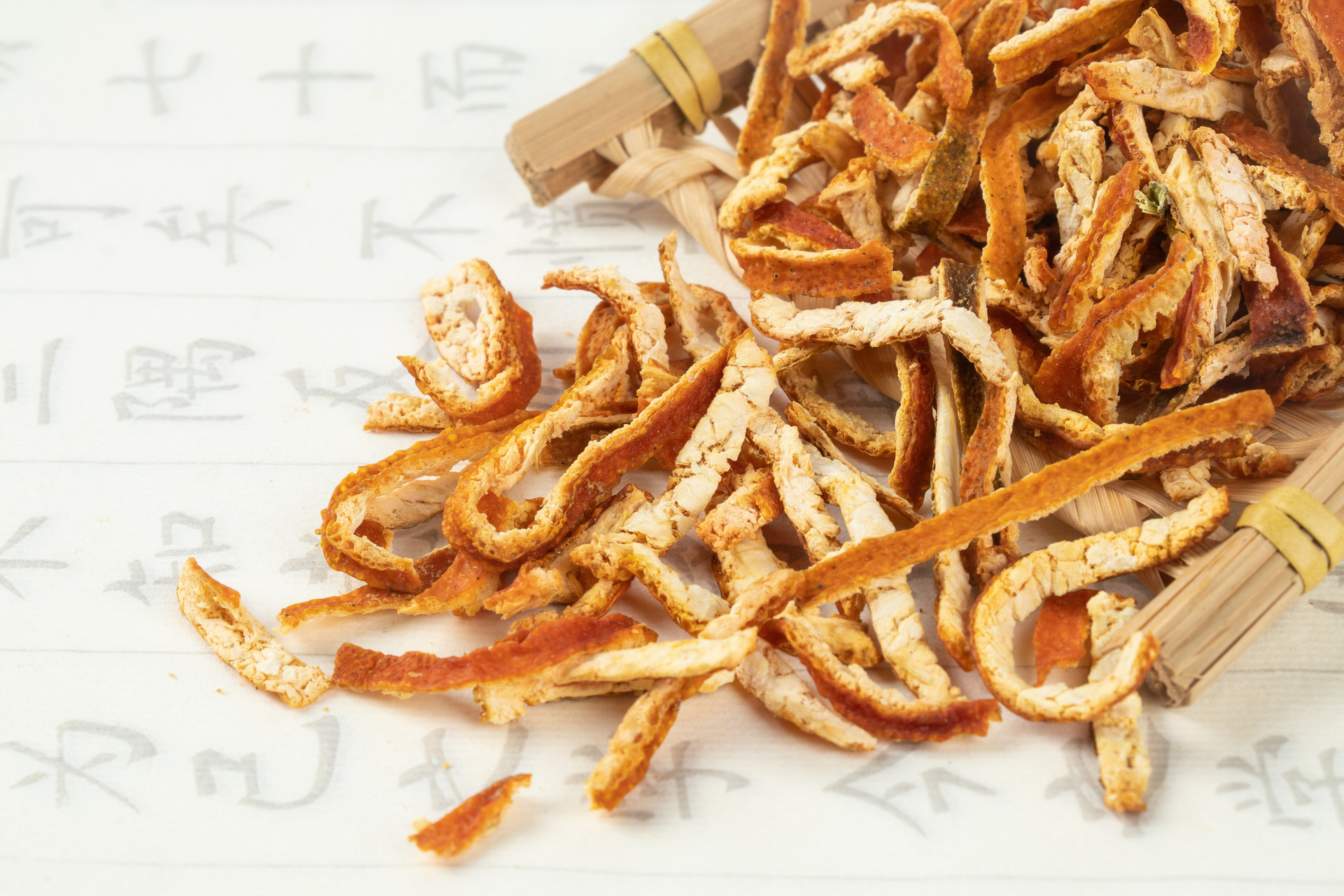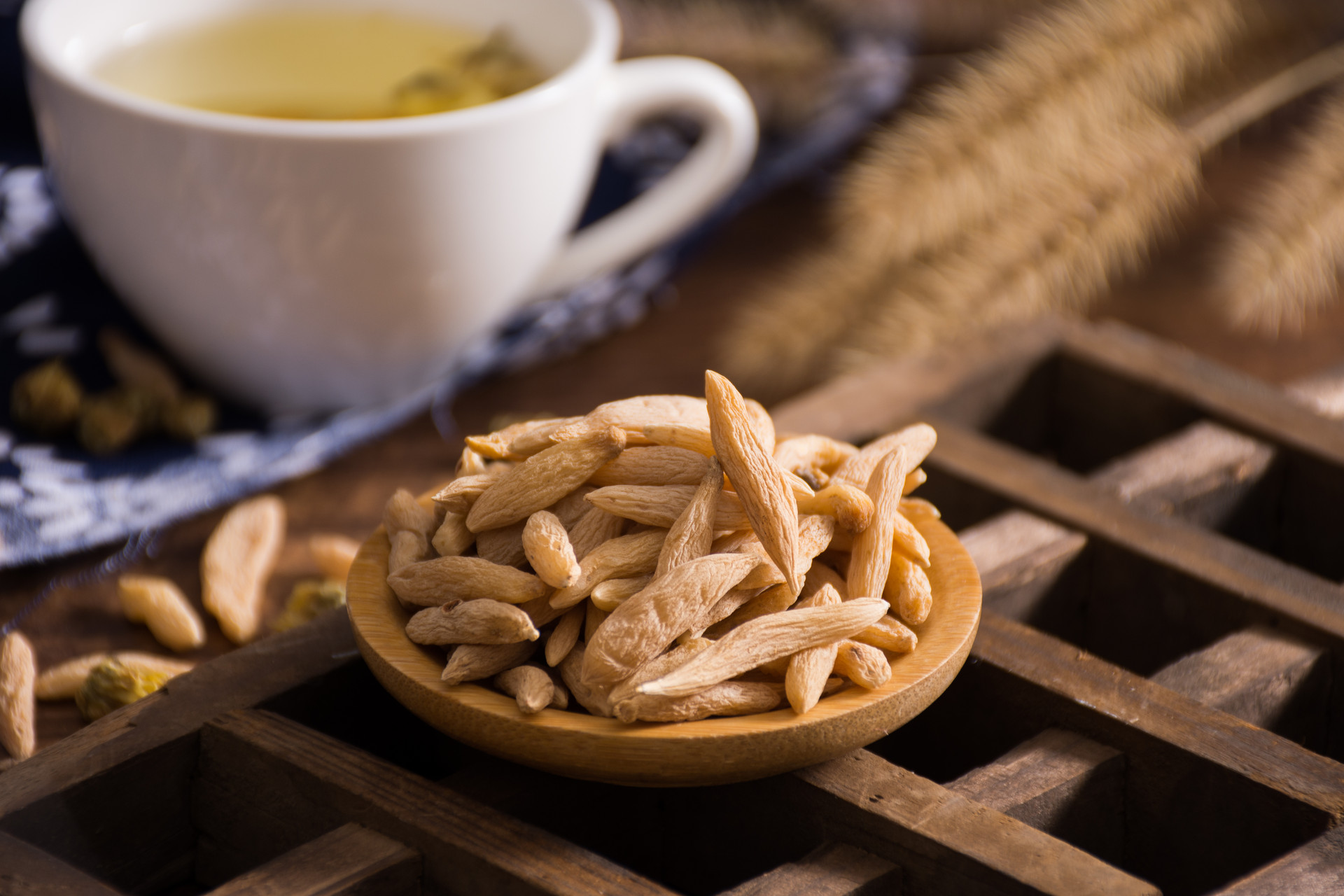Efficacy

Should the Sediment of Chinese Medicinal Decoctions be Discarded? After brewing Chinese medicinal decoctions, there is often a muddy sediment at the bottom of the bowl when it cools down. The
![[The Healing Power of Kuhao: Clearing Heat, Relieving Pain, and Fighting Diseases]](https://tcmmaintenance.com/uploads/20240715/beb5ec9ddb3a332ded028308479c0734.jpg)
Kuhao, also known as Qinghao, is harvested in summer and autumn each year. It has the effects of clearing heat, detoxifying, promoting blood circulation, and reducing swelling. Let's understand th

Geese do not eat grass, which is the whole herb of the chrysanthemum family plant Equisetum arvense. It is harvested when the flowers are in bloom, cleaned of mud and impurities, and dried. It

Tung Oil is extracted from the seeds of the tung tree through a complex process mainly done manually. Therefore, the value of tung oil can be imagined. Tung oil has a wide range of uses, both in che

Sour vine wood refers to the branches, leaves, or roots of the plant Acid Vine, which belongs to the Rubiaceae family. The fruit of Acid Vine is called Acid Vine Fruit in traditional Chinese medicin

Bamboo Leaf Ginseng is a common traditional Chinese medicine, which refers to the root and rhizome of Bambusa multiplex. It is mainly distributed in the area south of the Yangtze River in China and h

There are always people in society who believe that new and expensive drugs are more effective. Especially for patients with chronic and stubborn diseases, they always try their best to find new and

The whole plant of wild yam can be used as medicine, with the effects of dispelling wind and dampness, promoting blood circulation, and regulating menstruation. It can be used to treat various dis

Blood Mancao is the whole plant or root bark of the honeysuckle family plant Blood Mancao. It has the effect of promoting blood circulation and dispelling wind, and can be used to treat infantile par

"Good medicine tastes bitter but is beneficial for the illness." If a bowl of Chinese herbal medicine smells bitter and is difficult to swallow, people have come up with a solution: adding sugar to